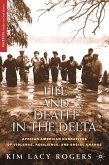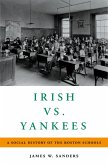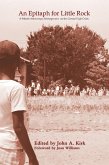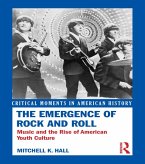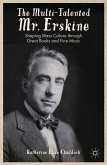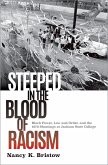In the fall of 1957, Gov. Orval Faubus used the Arkansas National Guard to prohibit nine black children from entering Little Rock's Central High School. In the fall of 1997, the "e;Little Rock Nine"e; returned to Central High, this time escorted by President Bill Clinton. In the forty years that had intervened, the United States witnessed substantial changes in American race relations, but the city of Little Rock had not overcome its legacy of strife. The two-year crisis, once over, left behind confusion and misunderstanding. Racial and class-based mistrust lingers in the city of Little Rock, and, nationally and internationally, perceptions of Arkansas are still tied to the decades-old images of hatred and strife that marked the Little Rock crisis. In 1997, the University of Arkansas at Little Rock sponsored a gathering of scholars who traced the origins and addressed the legacy of the Central High crisis. Elizabeth Jacoway and C. Fred Williams commissioned a series of original and insightful papers that discussed economic, constitutional, historical, and personal aspects of the crisis and of segregation. Jacoway and Williams have collected the best of these papers, by such authors as Sheldon Hackney, Joel Williamson, and James Cobb and offer them here in the hope of enhancing understanding of, and creating a dialogue about, this defining moment in American history. This collection of accessible and provocative essays on a signal event in civil rights in this nation will resonate broadly and appeal to a diverse audience.
Dieser Download kann aus rechtlichen Gründen nur mit Rechnungsadresse in A, B, BG, CY, CZ, D, DK, EW, E, FIN, F, GR, HR, H, IRL, I, LT, L, LR, M, NL, PL, P, R, S, SLO, SK ausgeliefert werden.



